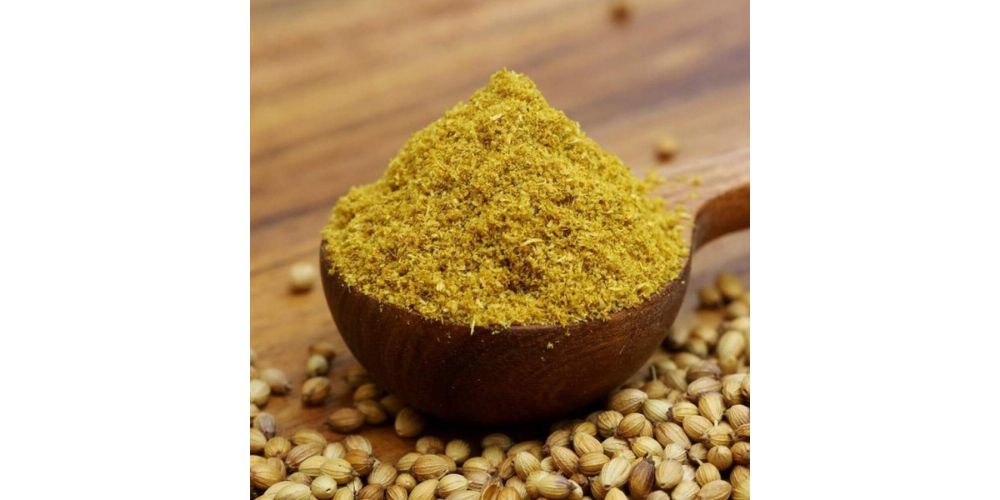
Introduction:
Black pepper, often referred to as the "king of spices," has been a staple in kitchens around the world for centuries. Beyond its ability to add a burst of flavor to our favorite dishes, black pepper boasts a rich history, a myriad of health benefits, and surprising culinary versatility. In this blog, we'll embark on a journey to uncover the fascinating story behind black pepper and delve into its various uses and health advantages.
A Brief History:
Black pepper (Piper nigrum) is native to the Malabar Coast of India and has a history that dates back over 4,000 years. Traded along ancient spice routes, it became a highly sought-after commodity, often referred to as "black gold." The spice played a crucial role in connecting different cultures and influencing global trade routes. Today, it remains one of the most widely traded and consumed spices worldwide.
Culinary Delight:
One of black pepper's primary claims to fame is its ability to enhance the flavor of dishes. Its pungent and slightly spicy taste adds depth and complexity to a wide range of culinary creations. From seasoning meats and vegetables to being a key ingredient in spice blends, black pepper is a versatile spice that chefs and home cooks alike turn to for its distinctive kick.
Health Benefits:
Beyond its culinary prowess, black pepper offers a host of health benefits. Here are a few notable ones:
-
Digestive Aid: Black pepper stimulates the production of digestive enzymes, promoting healthy digestion and aiding in the absorption of nutrients.
-
Anti-Inflammatory Properties: Piperine, the active compound in black pepper, has been shown to have anti-inflammatory effects, potentially helping with conditions such as arthritis.
-
Antioxidant Rich: Black pepper is rich in antioxidants, which help combat free radicals in the body, contributing to overall health and well-being.
-
Weight Management: Some studies suggest that black pepper may aid in weight management by interfering with the formation of fat cells.
-
Respiratory Health: In Ayurvedic medicine, black pepper has been used to alleviate respiratory issues, acting as a decongestant.
In the Kitchen:
The uses of black pepper in the kitchen go beyond mere seasoning. Here are a few creative ways to incorporate black pepper into your culinary adventures:
-
Infused Oils and Vinegars: Create your own infused oils or vinegars by adding crushed black pepper to them. This adds a delightful kick to salad dressings or marinades.
-
Sweet and Savory Pairings: Experiment with black pepper in unexpected places, such as in chocolate desserts or fruit salads. Its complex flavor can complement both sweet and savory dishes.
-
Homemade Spice Blends: Mix black pepper with other spices like cumin, coriander, and paprika to create custom spice blends for various cuisines.
Conclusion:
Black pepper, with its rich history, culinary versatility, and health benefits, stands as more than just a spice; it's a global icon. As we continue to explore and appreciate the wonders of black pepper, we invite you to embrace its complexity and incorporate it into your kitchen adventures. Whether you're a seasoned chef or a cooking enthusiast, let the "king of spices" reign supreme in your culinary creations.



